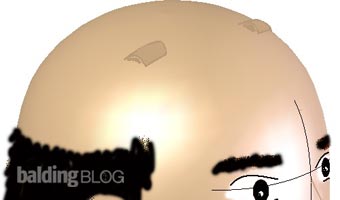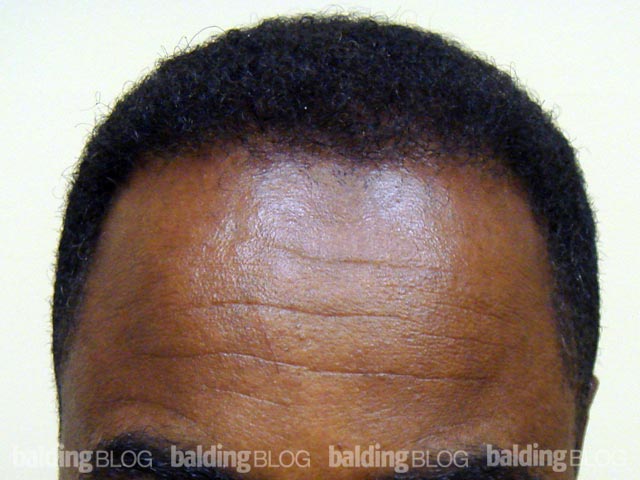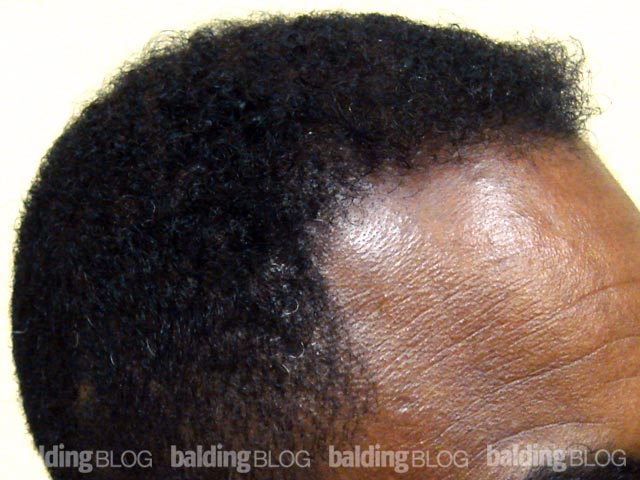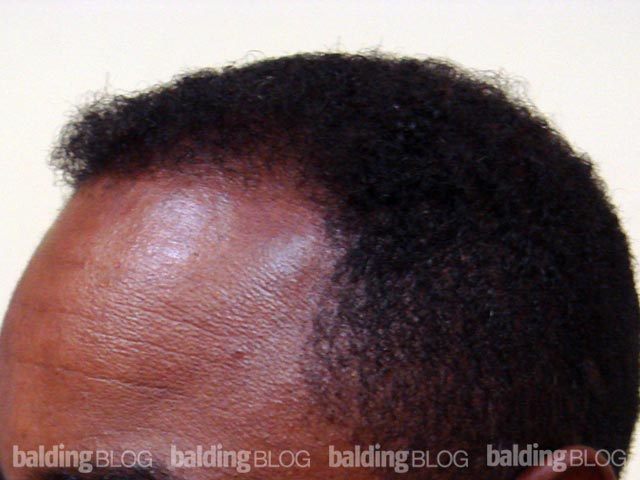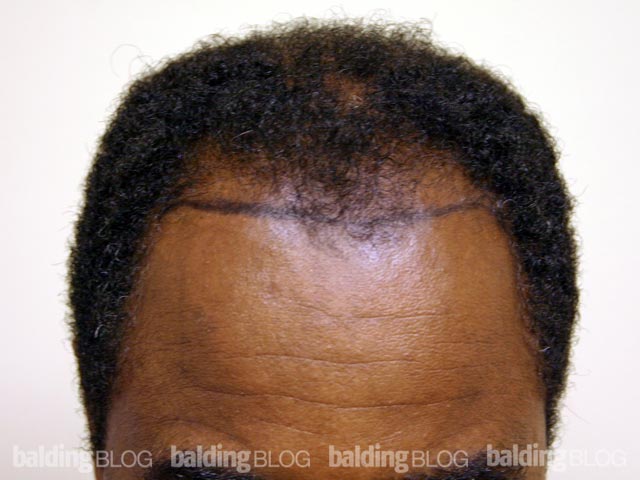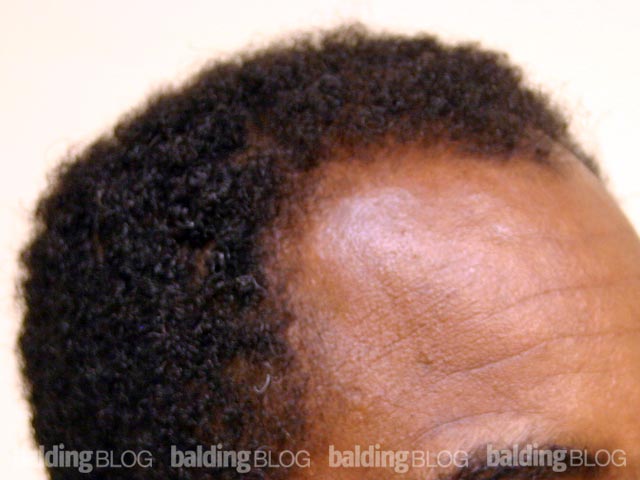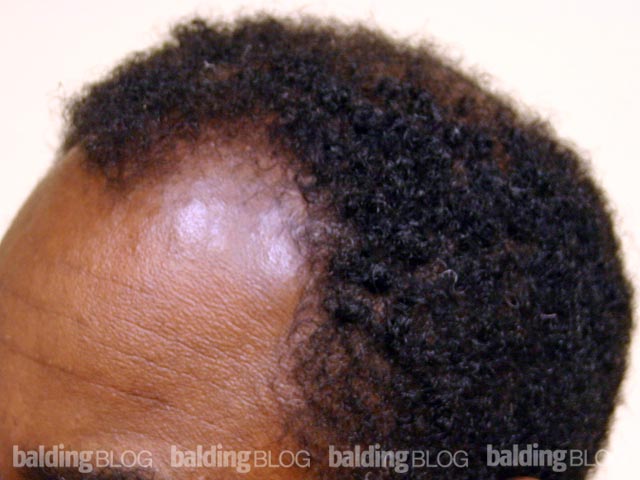Received two semi-related questions, so I’ll answer them as one —
Hello,
Several years ago I had tunnel graft surgery and I’m now in need of the clips. Can you advise me on a source where I can find them? It’s been rather difficult to locate them

Someone told me that you could sew a wig into the scalp. Is that true and does it work?

Unfortunately, I do not know who might sell these clips.
For those of you who do not know what a scalp tunnel is, it is described in PubMed as:
A new procedure for attaching a hairpiece to the scalp is described. Two skin-lined tunnels in the anterior and posterior scalp are built, using a strip of free full-thickness donor skin fron the postauricular area. Silicone-coated metal clips, suitably fashioned from .062” Kirschner’s wire, are then attached to the hairpiece. The metal clips are inserted into the skin-lined tunnels and thereby anchor the hairpiece to the scalp.
These permanent tunnels (more like bridges made of scalp skin) are created to hold a wig (also known as hairpiece or hair system) in place instead of glues or tape. It is a barbaric and deforming process, not considered anyone’s standard of care today. Note that the description on PubMed is dated October, 1976.
There have been many things that people have done that are (in hindsight) a little nutty. There are three ways that I have seen the wig attached to the skull.
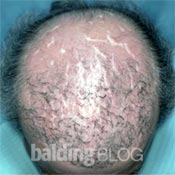
- The picture on the right was of a patient who went to a company in New Jersey who hired retired doctors to actually sew wigs through the scalp skin directly (see photo at right of patient with scars from this procedure). These almost always got infected and when the patient came back to the doctor, the stitches were switched to a non-infected part of the scalp. As you can see from the pictures, the scalp was heavily scarred from the infections. At one point, I was hired by the New Jersey Medical Board to prosecute the doctor, but the doctor was replaced by another who then went through the same legal process. When the State tried to shut this company down, the company closed down and opened under another name. I do not know if they are still playing this ‘cat and mouse‘ game with the State of New Jersey.
- A doctor actually drilled a metal connector into the skull. The wig had a male like clips that connected with a mechanical fit to the part that was drilled and cemented in the skull. The wig could be buttoned in and out with great ease.
- The art below shows skin tunnels (an old procedure that required a skilled surgeon to fashion in the scalp) which are use to tie ‘shoe laces’ that were attached to the wig. The process was promoted as simple as putting on and taking off your shoes (except you just did it with your wig).
